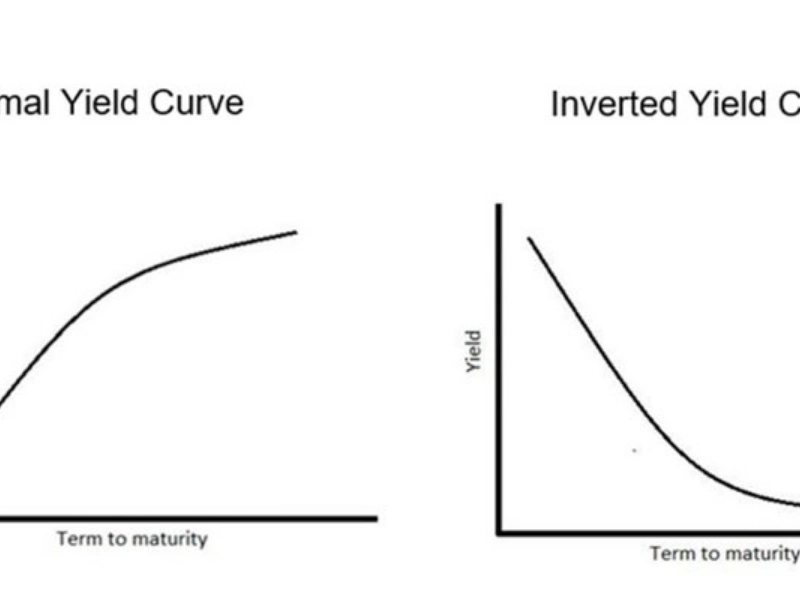How to Get a Financial Advisor When You Don't Have a Lot of Money
Not only the well-off benefit from financial planning. In reality, the most significant influence on your long-term financial performance may be gained by getting the correct financial advice early. However, many financial counselors do not want to work with the middle class.
Several financial institutions have stopped paying brokers’ commissions for accounts with values between $100,000 and $500,000. Some firms charge as much as 2 percent in yearly fees for taking less than these minimums, although this is more common around 1 percent.
As a result, how might a person of average means go about finding a competent financial advisor? According to experts, financial advisors should be aware of these aspects of the profession.

How Much Are Financial Advisor's Services?
Typical fees for financial advisers are dependent on the amount of money you have in their business, or AUM. Although some companies can go as high as two percent every year, one percent of AUM is the industry standard. Typically, this charge is withdrawn from your account every three months. So if you have $250,000 and an adviser charges 1% each year, you should expect to spend $625 every three months for that amount of money.
Fees for Financial Advice: What's the Deal?
Fees at many companies are calculated on a sliding scale. The lesser the cost becomes as your holdings increase. In other words, while 1% is the average for accounts with a value of $1 million or more, lesser balances may pay closer to 1.25%. Customers with larger accounts might pay 0.4 percent of their compensation. Other fee-only advisers may charge by the hour or the project for their services. Meanwhile, advisors paid on a commission take a cut of the investments they recommend. They are known as fee-based advisers since they charge a fee plus commissions. Some financial advisers incorporate financial planning as part of their service when it comes to managing your money, while others charge a separate fee for guidance. When it comes to how much you'll have to spend, it depends on your location as well as what you want. A thorough strategy from some consultants may cost up to $2,000 or more. Those who provide financial advice may expect to pay anything from $100 to $400 per hour.
Different Kinds of Financial Advice
Financial advisors aren't all the same, and it's important to know that. As a result of their expertise, some financial advisors focus on a particular sort of customer or financial situation. Some deal with customers across the country, while others focus on those in their immediate area. A variety of services are available to help you with your tax, insurance, and estate planning concerns.
Some financial counselors work with younger people, and others work with retirees. You may locate a planner to help you prepare for different periods of your life and things like distributing your estate and starting a company. A wide range of specialists can assist you with all aspects of your personal or corporate finances.

Why Get Financial Advice?
Numerous factors may necessitate the services of a competent financial counselor. For instance, you may have recently received a sizable inheritance from a deceased family or won big in the state lottery. The requirement for a financial expert will alter as a person progresses through life's many stages. As a new parent, you may wish to safeguard your child's future in the event of an emergency. College savings and the creation of dynastic estates are two of the most common requests from parents for Financial Advice. When one is nearing or has reached retirement age, one's approach to investing differs from that of a youthful worker. You'll have a different sense of risk tolerance as you get closer to retirement, so you'll need to adjust your investment approach accordingly. Your firm may be providing an early retirement package that you can't resist. It's not uncommon for any of these occurrences (and many more) to prompt you to seek expert financial advice.
How to Locate Reliable Financial Assistance
What steps should you take to locate the best possible advisor? An excellent place to start is determining what kind of professional financial assistance you require. For many people, tax season is a time of intense economic reflection. CPAs are the best option if you're looking for tax guidance and preparation assistance from a professional. There is no guarantee that this CPA is also a financial advisor, but it is possible.
Financial Planners: Investment Managers
Individuals and corporations rely on Investment Managers to help them develop long-term investment strategies. What if your goals are to create a savings strategy, develop investing techniques for your portfolio, pay off debt and begin saving for a home? These are all things you may ask for help with. In other words, if you want someone to take a detailed look at your finances, you need to hire a business or an individual financial advisor to do it. In most companies, there is a financial planner on staff. The complete variety of services that a business can provide may not be available to you from a solo practitioner, but many will collaborate with other experts who can.
Money Management: Financial Advisors
Financial advisors come in a wide variety of shapes and sizes. Because they facilitate the purchase and sale of securities, they can assist you in managing your money. Individuals in this category include bankers and accountants and stockbrokers, insurance agents, and estate planners. The responsibilities of a financial adviser are far broader, whereas the duties of a financial planner are much more narrowly focused. Financial advisers can work for themselves or a company or financial institution, depending on their preference. There must be a current Series 65 license for all financial advisers who work with the public. When looking for financial advice, NAPFA is a beautiful place to begin.
Fee-Based vs. Fee-Only
You can have a fee-based structure hourly or project-based, retainer-based, or flat-rate, depending on the percentage of managed assets. Financial products and services acquired via an adviser are both considered transactions that are conducted on a commission basis.
Based on Commission
Most of the top retail brokers offer financial planning services, but you should use caution. However, others may be little more than glorified stockbrokers recruited by giant warehouses to market proprietary mutual funds and stock options. Fee-based salespeople are paid a high commission to promote the items their company owns and have an incentive to do so. It's relatively uncommon for warehouses to prioritize quantity above quality. Brokers' commissions rise in direct proportion to how much buying and selling they undertake on behalf of investors.
Fee-Only
The fee-only adviser is another option. A registered investment adviser (RIA) or an investment advisor representative (IAR) is two examples of these professionals (IAR). They're held to a high standard of responsibility, and they're usually informed. Upon request, they must also send a Form ADV Part II to all potential investors. To register with state and federal authorities, financial advisers utilize this form as a standard submission (SEC). 2 Information on the individual is contained in the annual Form ADV Part II. If your adviser has ever filed for personal bankruptcy or invested in other financial organizations, you'll be able to find out about that, as well. The form reveals the investing style of the person, the business's officials, and the assets managed by the firm (AUM)
Conclusion
Due to the industry's uncertainty, you must take caution to ensure that you acquire the correct financial advisor who satisfies your fiduciary and financial requirements. When you work with the proper financial advisor, they can help you reach your financial objectives and secure the economic prospects of your loved ones. To me, a continuing connection with someone who can assist you through the different roadblocks you'll encounter is a worthwhile investment of time and energy.








